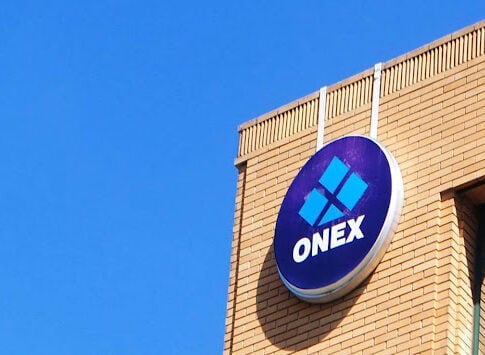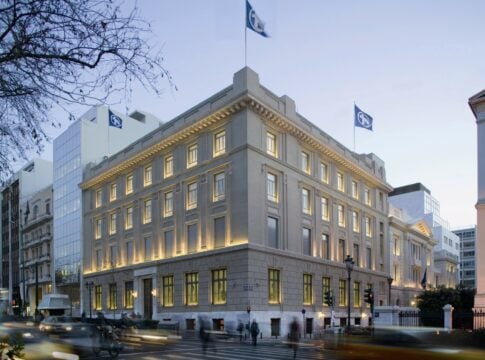By Vassilis Korkidis, President of Piraeus Chamber of Commerce and Industry
Small and medium sized enterprises in the wider Piraeus area continue to be on a development trajectory, while at the same time they show remarkable adaptability to the difficult conditions due to the high energy prices and the geopolitical crisis.
The fact that at least 1,000 new companies were established in the eight-month period of 2024 show a dynamic of establishing new businesses in the wider area of Piraeus, the Argosaronic Islands and all of Western Attica.
More specifically, a remarkable dynamic is being recorded in an area where the port, but also the recently revitalized shipbuilding units are feeding new energy into the wider economic development.
This dynamic is also strengthened by the prospect of developing business extroversion and expanding business activities.
In the context of exercising an active policy to support the development of business activities, the Piraeus Chamber of Commerce and Industry has forwarded to the competent government bodies a series of implementable and mainly realistic proposals to alleviate problems faced by trade and manufacturing.
The seven recommendations for trade and shipping services include measures to deal with high prices, supply chain, debtor support, export guide, pricing practices of multinationals, retail issues and improvements for supplying ships and shipyards.
Accordingly, the 7 proposals for industry are licensing, processes related to manufacturing in Attica, issues of standard environmental commitments and environmental impact studies, outstanding issues in the institutional framework of technical professions, as well as dealing with energy costs with the deregulation of energy investments.
A common point of reference for trade and industry is the issues of competitiveness related to the shaping of the export environment and the drafting of a new flexible export policy as an element necessary for the viability of the enterprises themselves not in theory, but in practice.
Apart from shipping and tourism, a strong pillar for the Greek economy are Greek exports of goods and services, as their value in recent years exceeds 50 billion euros, having even set a target to approach 70 billion euros by 2030.
However, in the first half of 2024, an alarming decrease was recorded, which worried us all. For the first time in several years, Greek exports are at a critical juncture, with food being the only sector that, to be precise, continues to post positive export performance.
Export companies remain concerned, as the geopolitical developments in Ukraine, Israel and Gaza continue, while the Houthi attacks in the Red Sea still act as a deterrent, both for Greek exports and imports.
For the operation of the port and of course the businesses, the energy cost was and still is an inhibiting factor for the improvement of the competitiveness of the businesses despite the further utilization of the investment programs in RES.
However, it is the only way to immediately remove the obstacles to the utilization of energy, which 60% comes from RES, by improving the resistance to high loads of the distribution network, but also by developing investments in power storage devices to the extent that with their implementation to minimize energy costs.
Greece recently questioned the European energy market operating model with a letter from Prime Minister Kyriakos Mitsotakis to the President of the Commission Ursula von der Leyen, referring to unfair practices and asking to take action so that Southeastern Europe’s electricity prices stop to be higher in relation to the rest of the EU.
Improving extroversion and attracting investment from the domestic and foreign markets will accelerate when government reforms in key parameters shaping the economic climate are completed and implemented. The three-year fluidity of the international economic environment requires enhanced resilience and adaptability in business.
It is remarkable that in the decade of the memoranda, the two years of the pandemic and the three years of wars in our neighborhood, the businesses around Greece’s largest port show dynamics and perspective.
Improving the daily life of citizens is certainly one of the central issues, but at the same time the daily life of entrepreneurship should also be improved.
It is to the benefit of everyone that Greek businesses develop to such an extent that, based on the entrepreneurial extroversion that feeds the port of Piraeus as an international commercial gateway, it will lead the Greek society in its entirety upwards.














